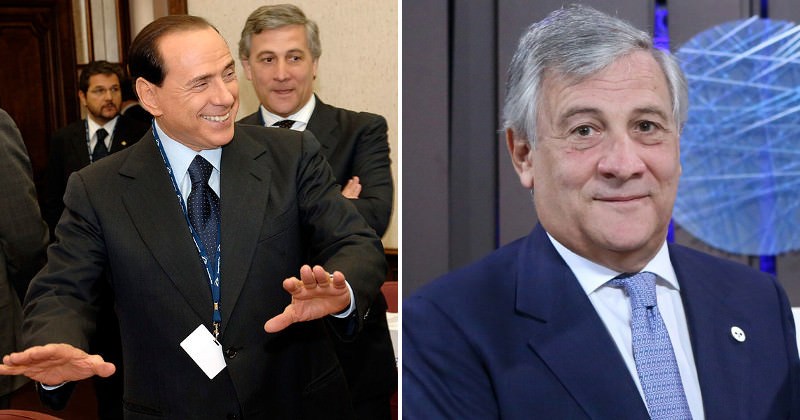
In a surprising turn of events, European Parliament President Antonio Tajani has emerged as the chosen candidate for Italy’s next prime minister, representing Silvio Berlusconi’s Forza Italia party. This political development has sparked speculation about Tajani’s potential departure from the European Union leadership, raising questions about the dynamics that led to his selection and the broader implications for both Italy and the European Parliament.
The announcement of Tajani’s candidacy for the prime ministerial role came in the midst of Italy’s upcoming elections on March 4. Tajani, a prominent figure within the European Parliament, declared his intention to stand as Forza Italia’s candidate, positioning himself as a frontrunner for the coveted post. The unexpected twist adds a layer of complexity to the political landscape, prompting speculation about Tajani’s future trajectory and the potential shift in Italy’s political landscape.
Silvio Berlusconi, the influential 81-year-old leader of Forza Italia, unveiled Tajani as his preferred candidate earlier in the week, underscoring the significance of this endorsement within the party. Tajani reciprocated with gratitude, acknowledging Berlusconi’s “gesture of respect” and affirming his readiness to serve Italy in the prime ministerial capacity.
As the political stage in Italy undergoes this unexpected transformation, observers wonder about the motivations behind Tajani’s candidacy and the potential consequences for the European Union. Tajani, currently serving as the President of the European Parliament, holds a pivotal role within the EU, making his potential departure a noteworthy event. The dynamics between national politics and EU leadership, exemplified by Tajani’s dual roles, raise questions about the delicate balance between national interests and broader European concerns.
The forthcoming elections on March 4 will not only shape Italy’s political future but also carry implications for the EU, as Tajani’s potential transition from the European Parliament to the helm of Italy’s government introduces a new chapter in the intricate interplay between national and supranational politics. The evolving narrative surrounding Tajani’s candidacy underscores the interconnectedness of European politics and the ripple effects that resonate across borders. As the March 4 vote approaches, the eyes of both Italian citizens and the broader European community remain fixed on the unfolding political drama and its potential ramifications for the future of Italy and the European Union.
RELATED ARTICLES
- Hungary Becomes First EU Country to Congratulate Putin for Winning the 'Elections'
- EU to use Russian assets to buy arms for Ukraine
- SHOCK! Hungary's PM Calls for Violence in EU capital Brussels Against EU Leaders
- Russia tells EU to F*** Off, saying they will Not Return Romania's 91.5 Tons of Stolen Gold
- EU Orders Russia to Return Romania's Stolen Gold Reserves











